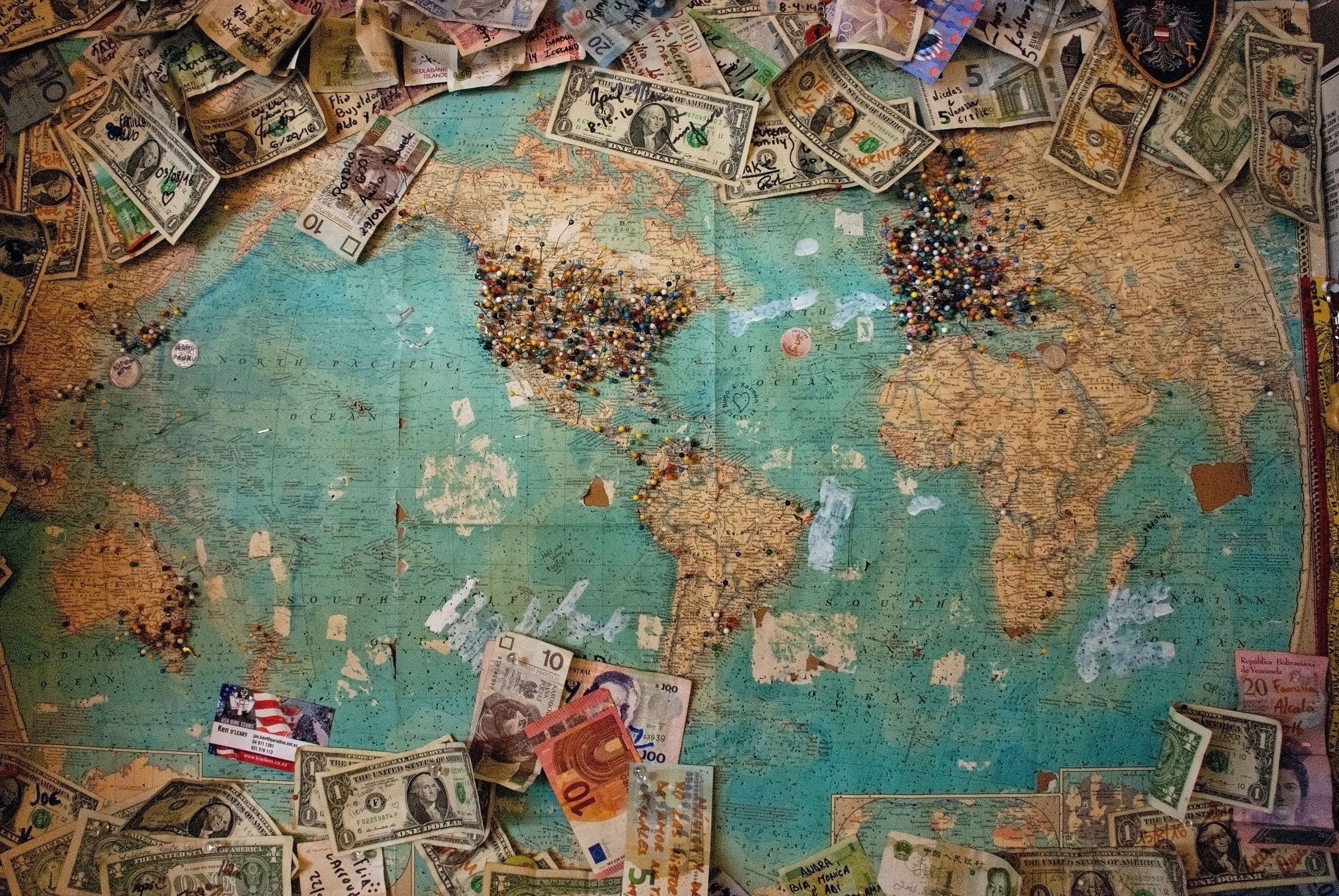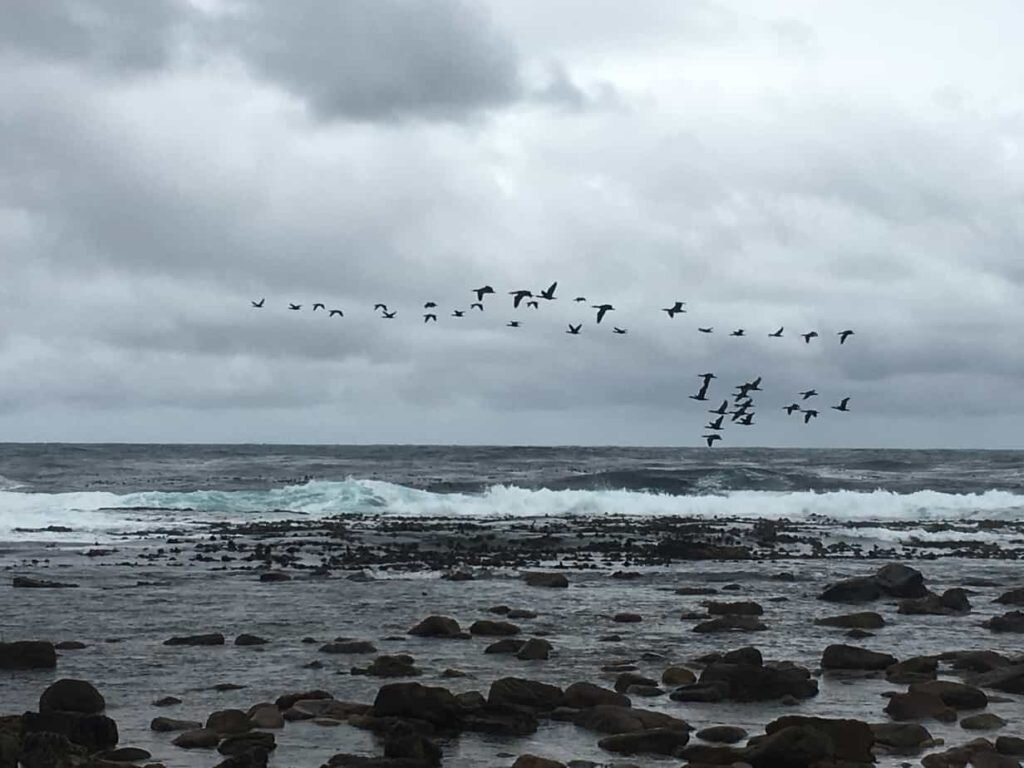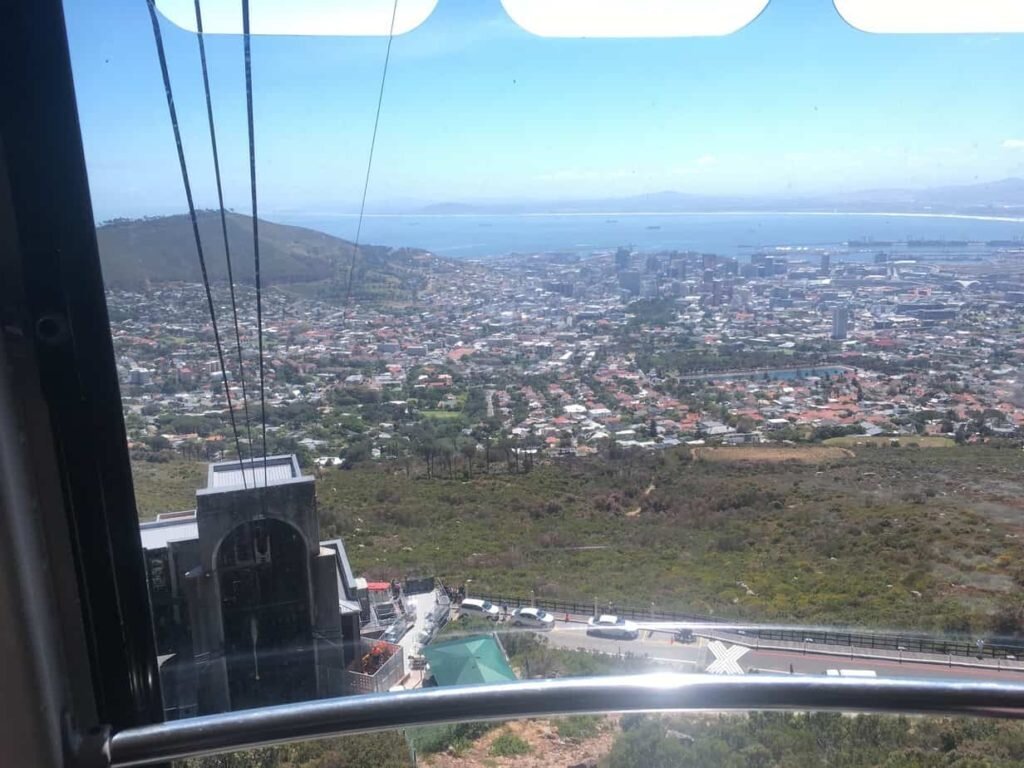
Originally published on January 16 2022 on elliottdpaige.com.
A good friend of mine sent me an article from The Economist, December 10th, 2020 edition. It’s in their Finance and Economics section, entitled, “Where economists focus their research – They don’t always look in the right places.” The article also appeared in the print edition as “A question of illumination.” In summary, it reports on a survey by The Economist of 900,000 published research papers in economics. It found that two-thirds of them were mainly about rich English-speaking countries. These were America, Australia, Britain, Canada, and New Zealand – what I refer to as the big five. Popular or famous Economists do not bother to research much on non-traditional countries.
The main reason is that economics is a social science. Consequently, economists’ reputations are staked on producing studies based on credible and accessible data. Research of the big five is often the source material for other researchers. Thus, there is a propagation of published research in the same countries. Furthermore, the research rules in social science obligate such studies to be replicable. Replication is based on whether the data is verifiable and the results repeatable. The data has to be robust, and the results generally apply to the elements regardless of time and location.


Many Developing Countries Statistics Departments Are Under-Resourced
Many African countries, except Kenya, South Africa, Ghana, Uganda, and Malawi, often lack quantitative data to foster replicable research. That’s true for many Global South countries with under-resourced statistics departments. I am also guilty of researching where the data leads me to my research on countries of the Global South. Qualitative data in social science is harder to replicate and, therefore, easier to question the results. Attempts at social science replication are not always perfect. But the article is right about its premise. Economists can learn more and solve many economic problems to broaden their research horizons.
Here is the part I think the article missed. In many of these less-studied countries, there are, in fact, economists who have to study their environments. They must find solutions to recommend to their governments, people, educational institutions, and think tanks. These countries may be small or poor, but they are not void of economic expertise. These people completely understand their country’s economic morphology because they live in it. I, too, studied macroeconomics in a small economy. My then-professor exposed me to his studies on the elasticity of prices in the Caribbean. We went through weeks, maybe months, of calculus. The conclusion was that the Caribbean prices were inflexible downwards due to labor unions’ strength and inflation. We took our exogenous variables like foreign exchange rates and trade regimes into consideration.
Less Studied Countries Have Interesting Insights Too
During my graduate studies, my professors, a mix of Central Bankers, World Bank employees, and consultants from think tanks or the government in The Dominican Republic gave us economic research from the big five. Still, many papers are also written by economists from Latin America and the Caribbean. We studied how to formulate policies to reduce things like a contagion from an economic crisis and balance a fiscal budget to create that fine balance between paying for reducing illiteracy by x% to reduce crime and poverty and paying the military enough to prevent the next coup d’etat. These were practical economic studies where we used tools from the big five research and applied them to Global South countries, especially those in crisis.
We used The Lorenz Curve to study poverty’s progression over time and the location. Then we designed policies to turn the trends around. One brilliant professor in charge of a local think tank was Jaime Aristy Escuder. He made it possible to think critically about Global South countries’ issues and attack discrepancies in economic equality and wild currency devaluation. The point is, we forget that there are ingenious people who have to use whatever quantitative data they can find and mix that with qualitative research, having an understanding of their economies and producing solutions for their crises. Unfortunately, many governments in developing countries listen more to outside economists from the big five than their people. The outside economist often has access to resources from big institutions. However, why not listen to both?

Solving Economic Crises Together
Economic contagion hurts families. When a financial crisis hit the U.S.A., as it did in 2008, it impacted the world because every country is connected to the U.S.A. via financial markets, trade routes, remittances, and travel, whether for business or pleasure. However, in large countries, there is a conclusion that what happens in tiny Haiti or Guatemala does not affect the U.S. because their economies are too small. True, there are no effects on interest rates and trade, but there are on migration. People will always migrate for a better life. With poorer conditions in their country, they will seek better opportunities for survival and success for themselves and their families abroad, maybe even in the U.S.A.
We are globally connected and have always been. We continue to depend on trade in goods and labor movement through migration (while we try our best to eliminate forceful migration via enslavement and human trafficking). Aid programs that help an emerging country provide productive employment, infrastructure that supports economic growth, investments, and education that bolsters human capital all go towards helping most people to stay where they are born.

Conclusion
The article is right that economists need to broaden their horizons on published research. They could perhaps partner with some economists from Global South countries to get more interesting studies. As I did in my graduate studies in the Global North, economists use these countries’ economists’ tools and economic models and apply them to their circumstances. There is much richness in the analysis that can be learned from such collaboration. Start by tapping the universities, think tanks, central banks, and even the Ministries of Finance and Economy for those collaborative efforts. As Antigua’s former Senior Economist, I would have more than welcomed an opportunity to study my economy with one of the famous American or European economists when I still lived on the island.
